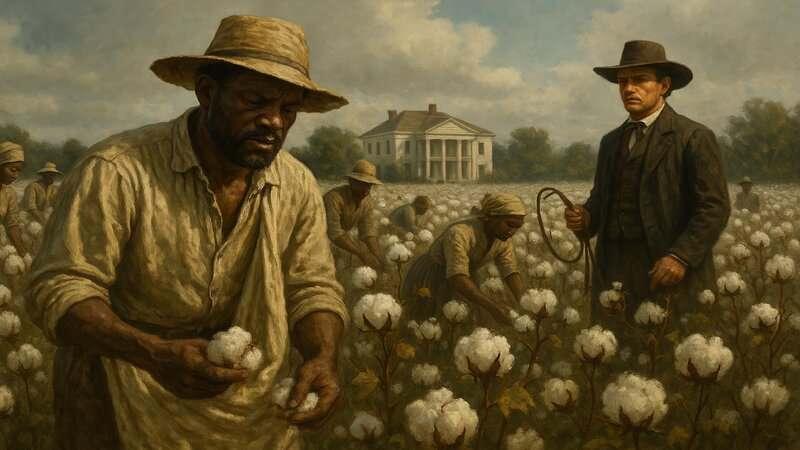3. Lack of Legal Rights

Enslaved people on plantations were denied all legal recognition as persons. Instead, they were classified as property under the law, unable to defend themselves or seek justice. They could not testify against white individuals in court, leaving them utterly vulnerable to exploitation and abuse. This legal void stripped them of autonomy and made meaningful protection or recourse impossible.
















